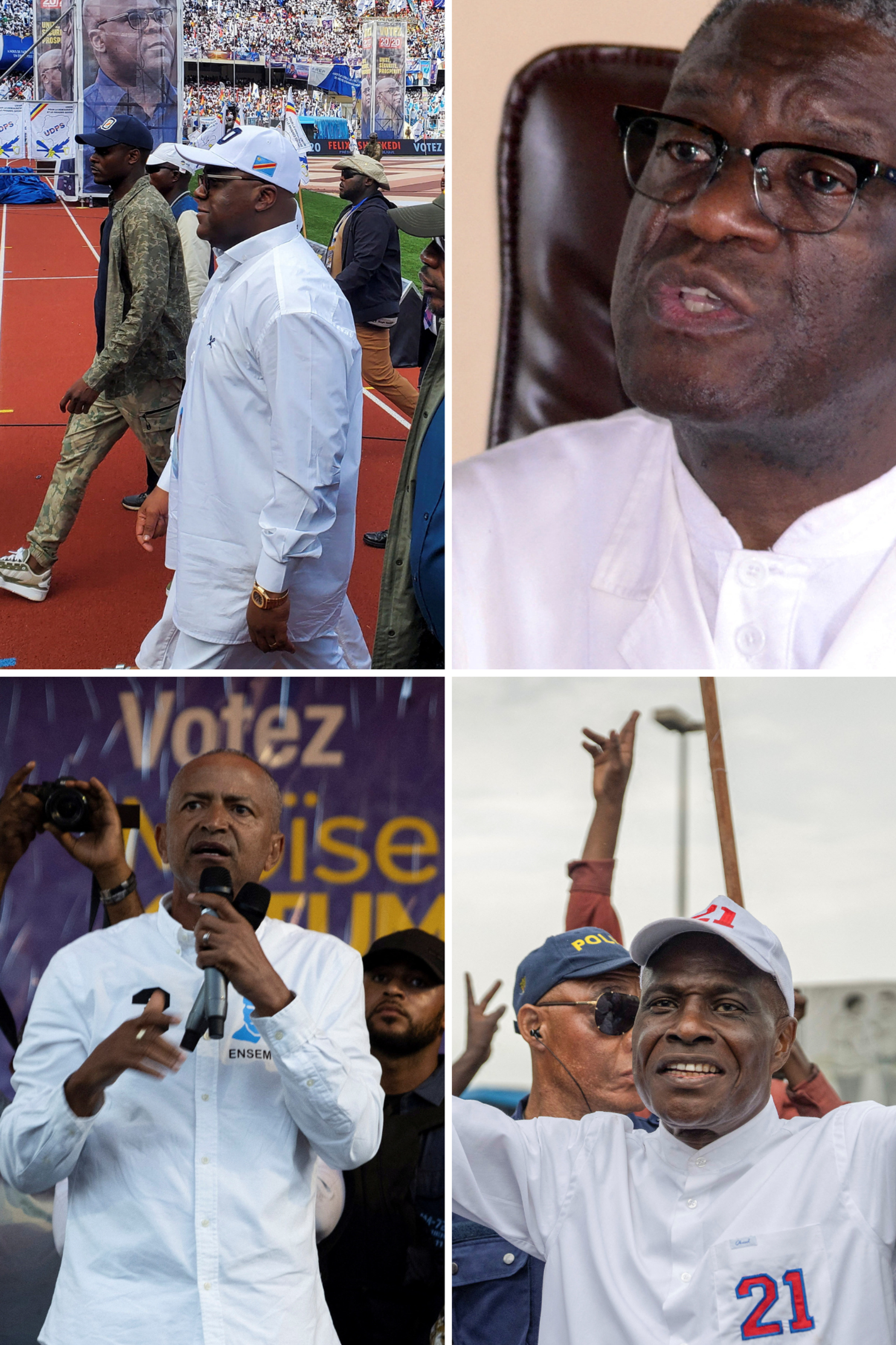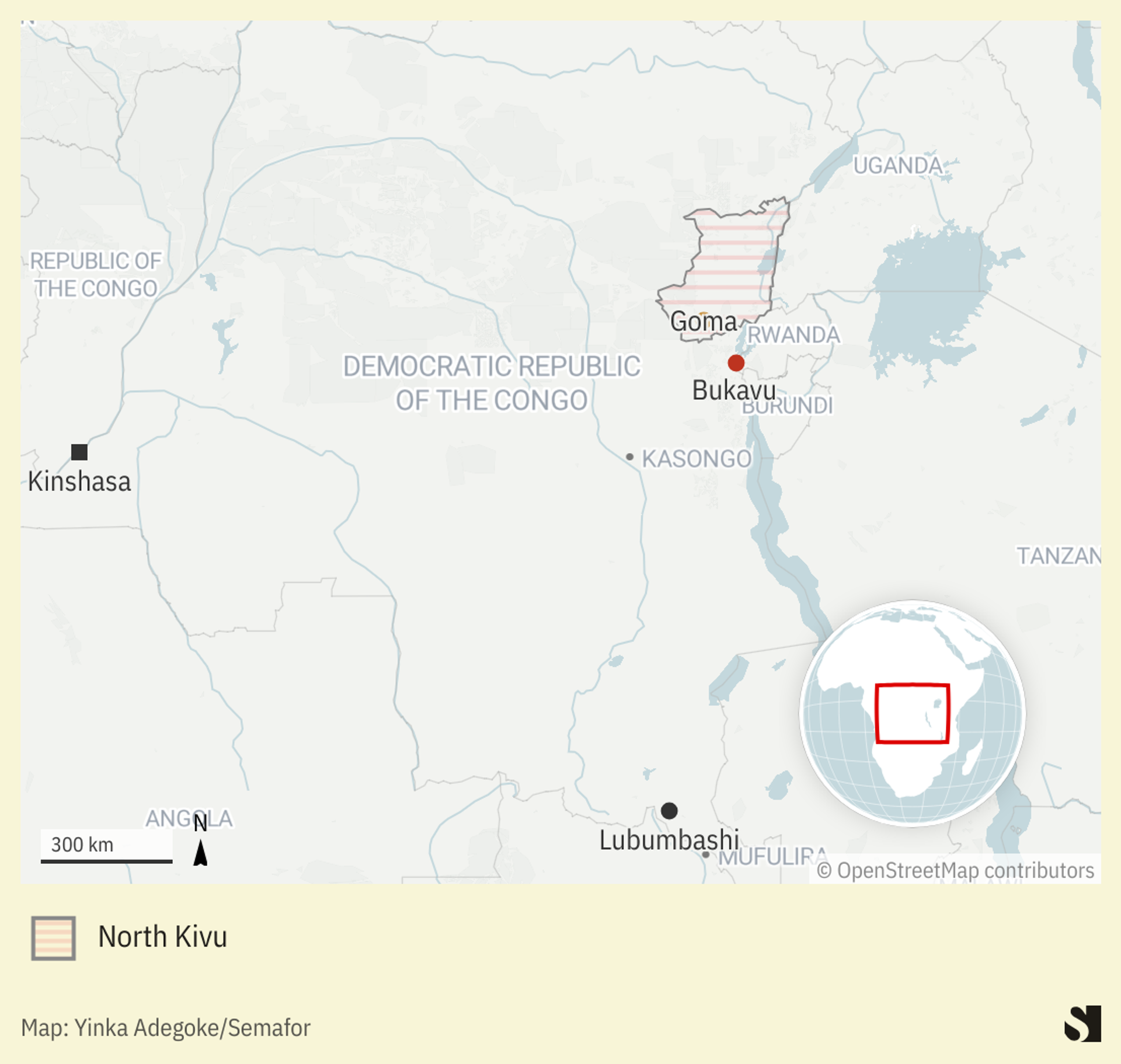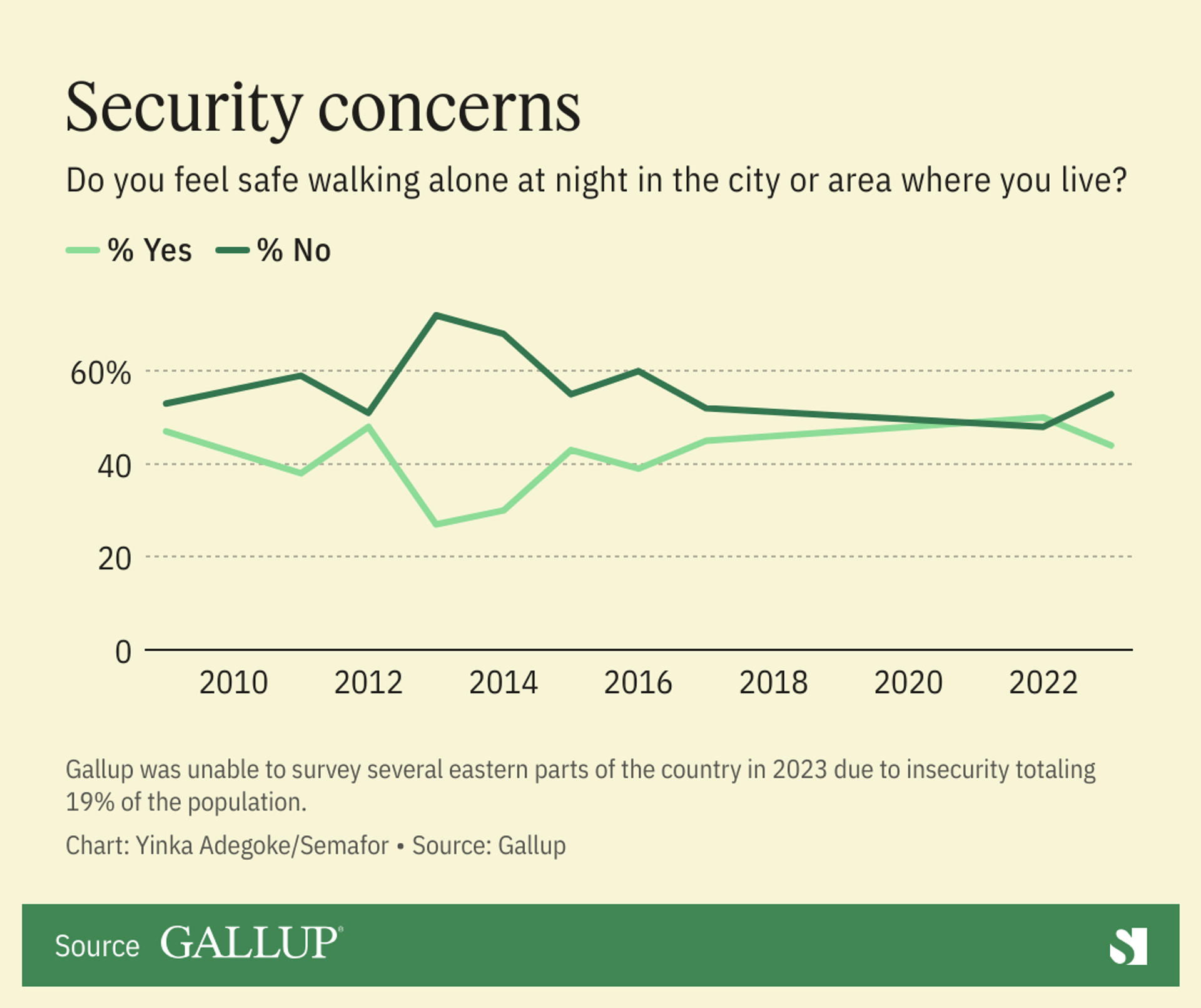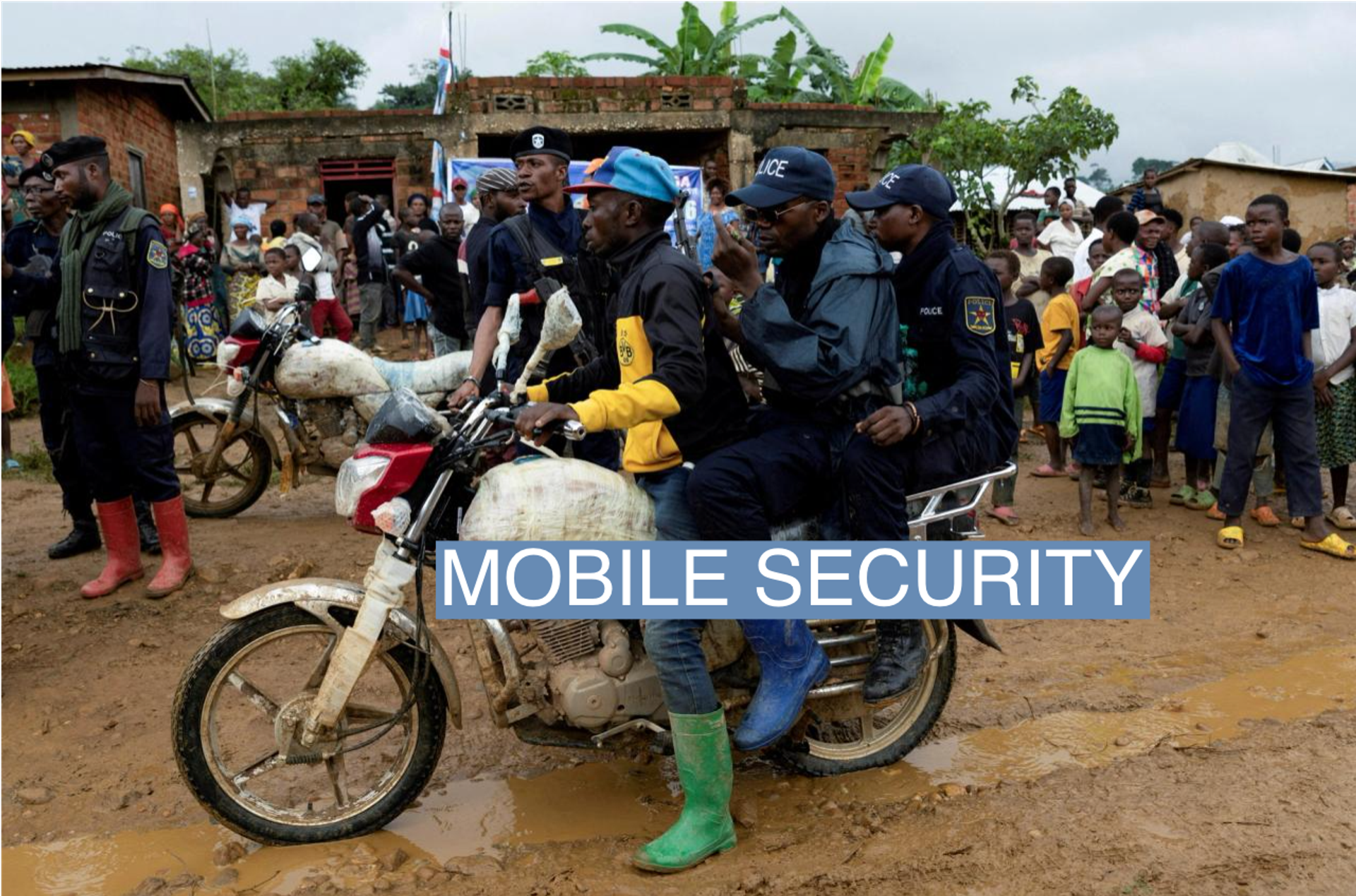The Facts
The Democratic Republic of Congo is set to hold its presidential election next week on Dec. 20. Some 44 million registered voters and more than 900 parties are expected to take part in the general election. President Felix Tshisekedi, 60, will be up for reelection for another five years after a controversial victory in 2018 following his on then off pact with former president Joseph Kabila and then later former vice-president Jean-Pierre Bemba.
Know More
→ What’s at stake? Tshisekedi’s 2018 victory might have been controversial or tainted but it also marked the first peaceful transfer of power in the country’s history. This huge nation of some 100 million people and immense natural and mineral wealth has had very few years in its 63-year history without conflict or repression, often both. The vast majority of Congolese people are hoping this election will ultimately be peaceful.
→ Who are the leading contenders? The presidential campaign started out with up to 25 contenders, but opposition candidates have been forming alliances to take on the president.
The main opposition candidates are: Moise Katumbi, 58, the mining and transportation magnate, who was a former governor of DRC’s wealthiest province, has seen three former rival candidates drop out to back him so far. Then there’s Martin Fayulu, 66, the former Exxon Mobil executive, who was a close runner-up to Tshisekedi in 2018, and strongly proclaimed he had in fact won. First-timer Denis Mukwege, 68, was the 2018 Nobel Peace Prize winner for his work as a gynecologist on victims of sexual assault in the war-torn eastern region of the country where his clinic is still based.

→ Aside from candidates, who else should we be paying attention to? All eyes will be on CENI (Independent National Electoral Commission) and its head Denis Kadima. Spokespeople have been keen to say this election will be free, fair, and inclusive for all Congolese. As of November the government had allocated around half a billion dollars to CENI from the national budget to “strengthen the independent organization’s operational and management capacities.”

→ So, is everyone ready to vote? No. There are some 7 million people in the eastern region of the country who have been displaced due to the ongoing deadly conflict and disruption in the area. Many, particularly in the North Kivu province which borders Rwanda, are unlikely to be able to fully participate despite CENI or the government’s best intentions.
“The prevailing security challenges, especially in the eastern provinces, present a major obstacle,” writes Johannesburg-based Institute for Security Studies.
→ What are the president’s people saying? DR Congo’s communications minister Patrick Muyaya told Semafor Africa that security “remains the biggest challenge” for whoever is the next president — which he naturally believes should be “the favorite”, President Tshisekedi, his boss. Muyaya said that in a second term the president would focus on “investing in recruitment, training through cooperation, and strengthening security services” to assuage the security concerns of everyday Congolese.

→ What does Gallup think? Gallup’s polling research shows that personal safety is a key issue for Congolese citizens. “A majority of Congolese feel unsafe walking alone in their area at night. With the exception of one year, this figure has never dropped below the majority level since 2009 (in years Gallup has been able to conduct surveys in the DRC).”
